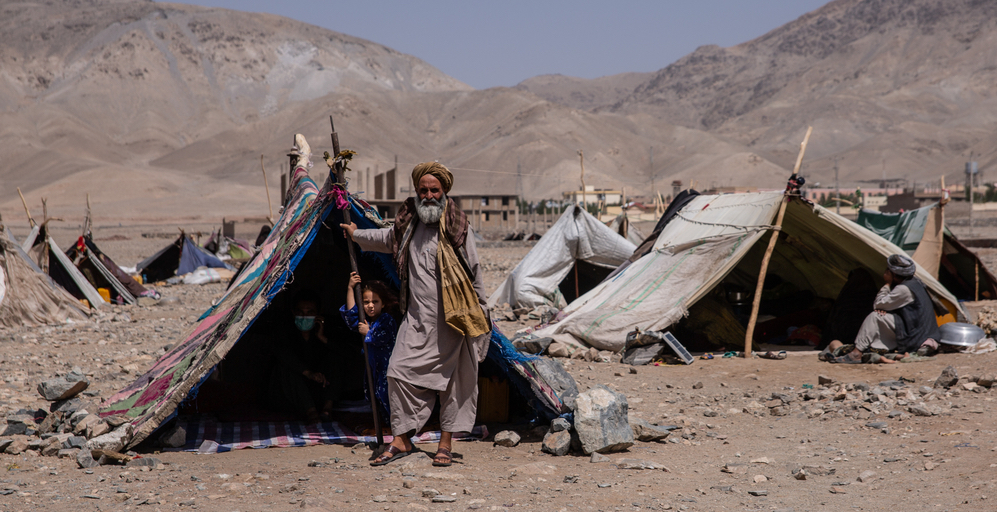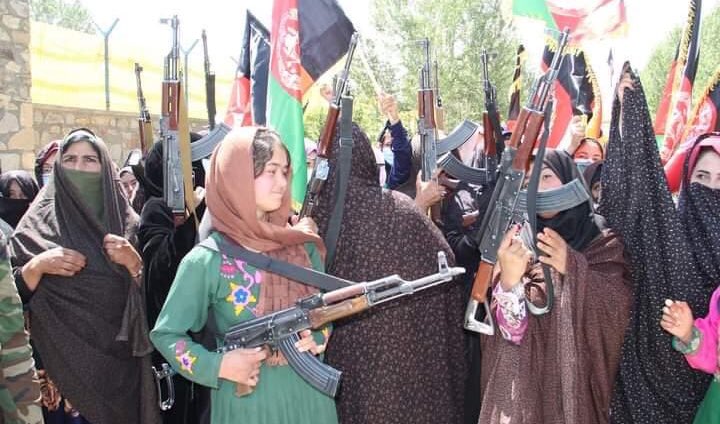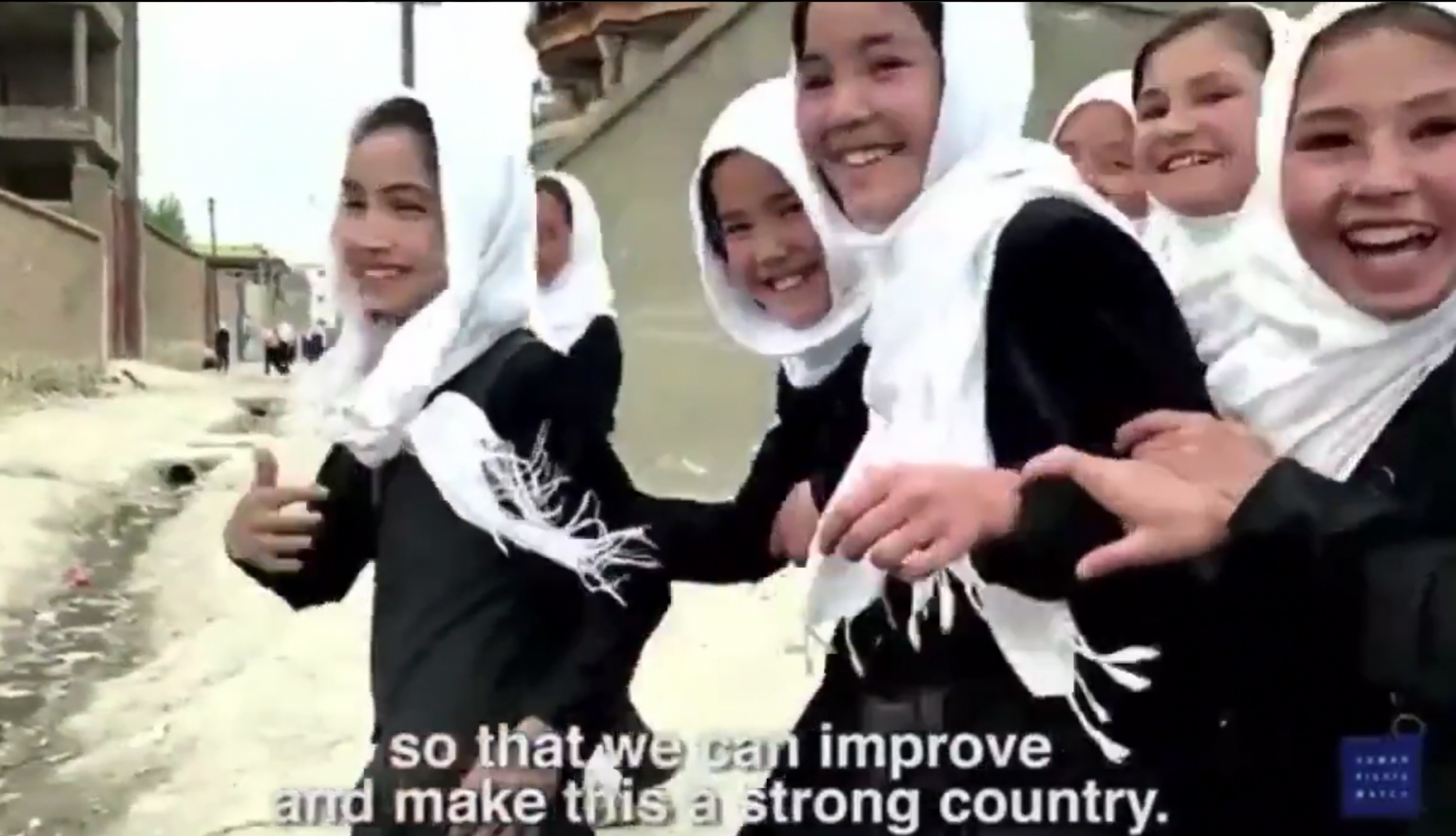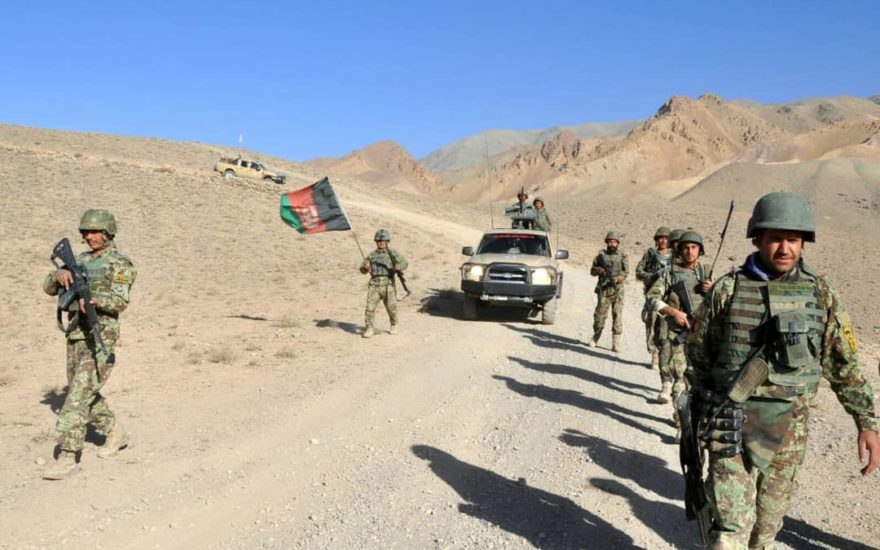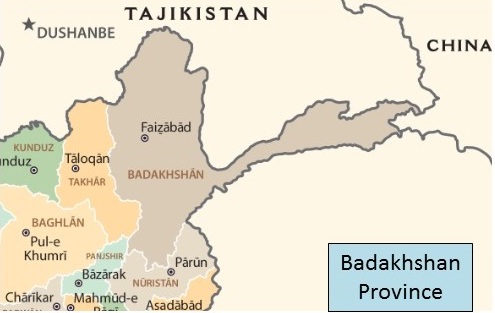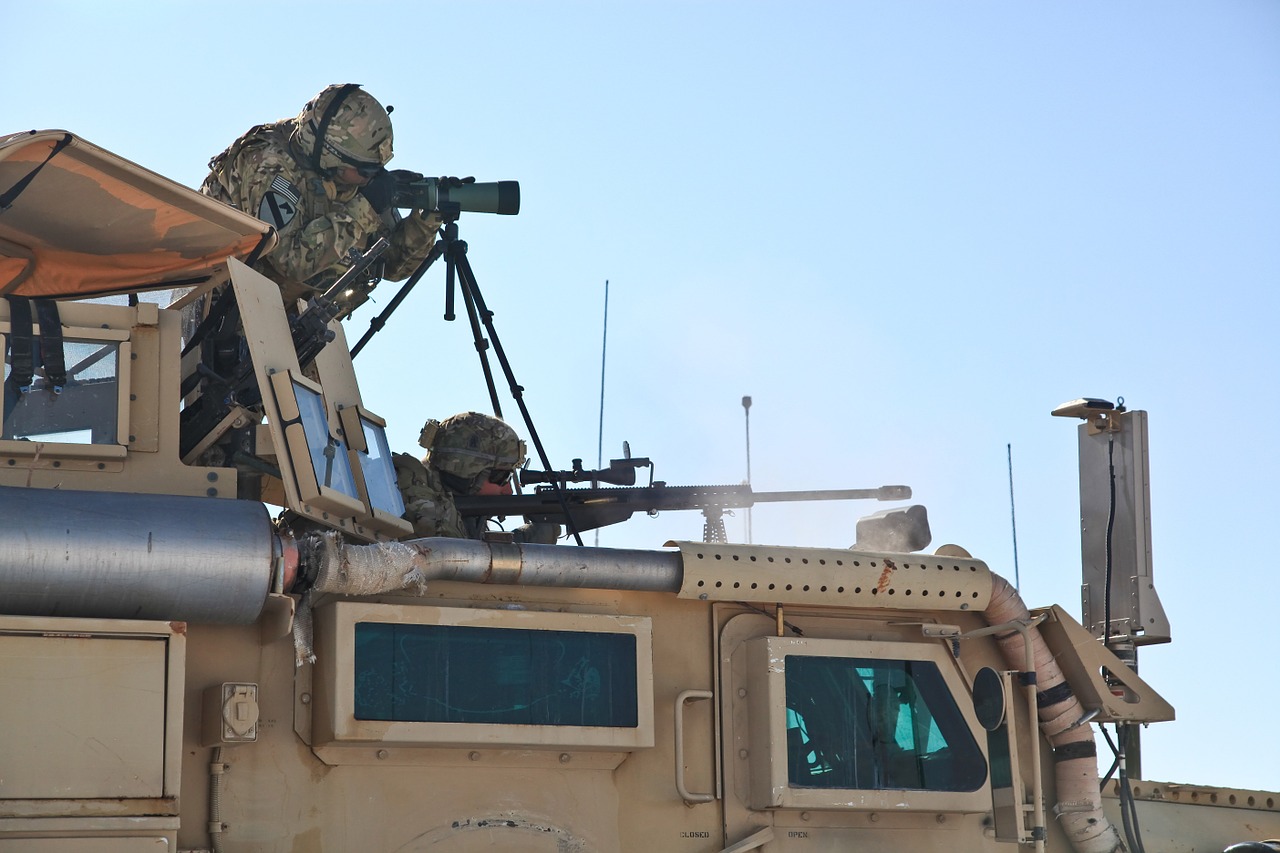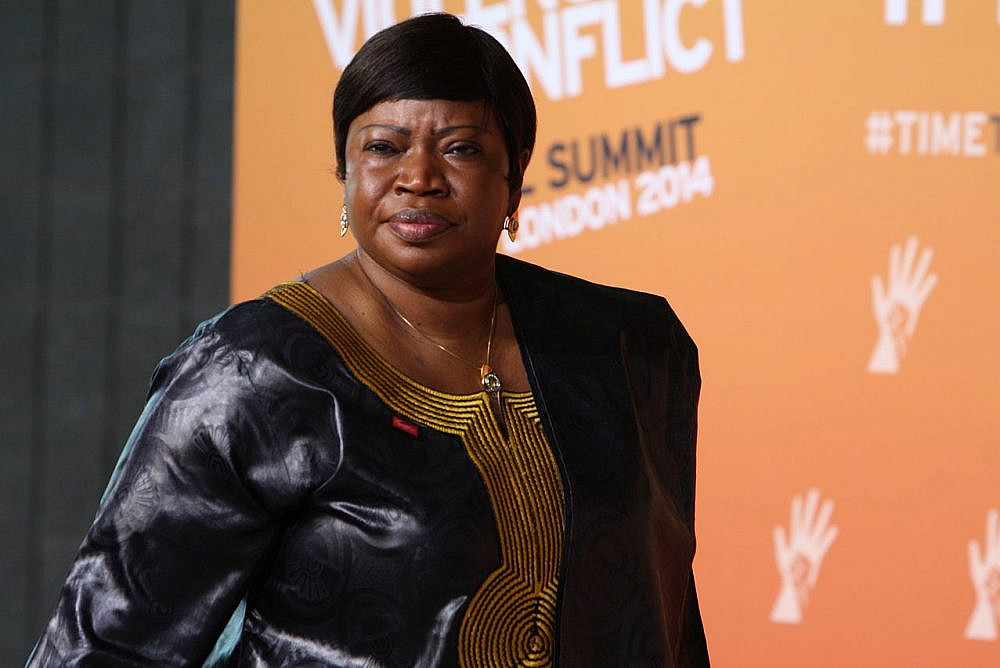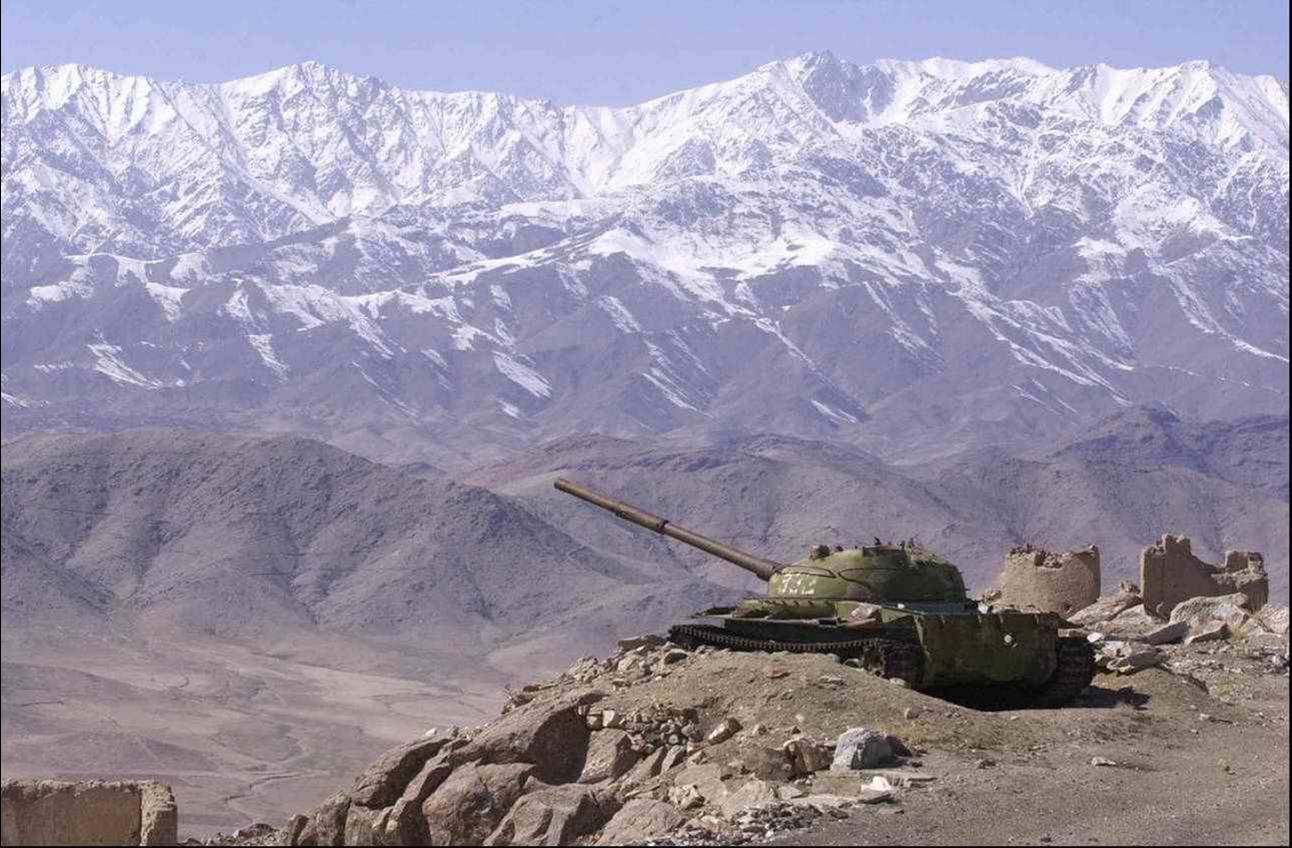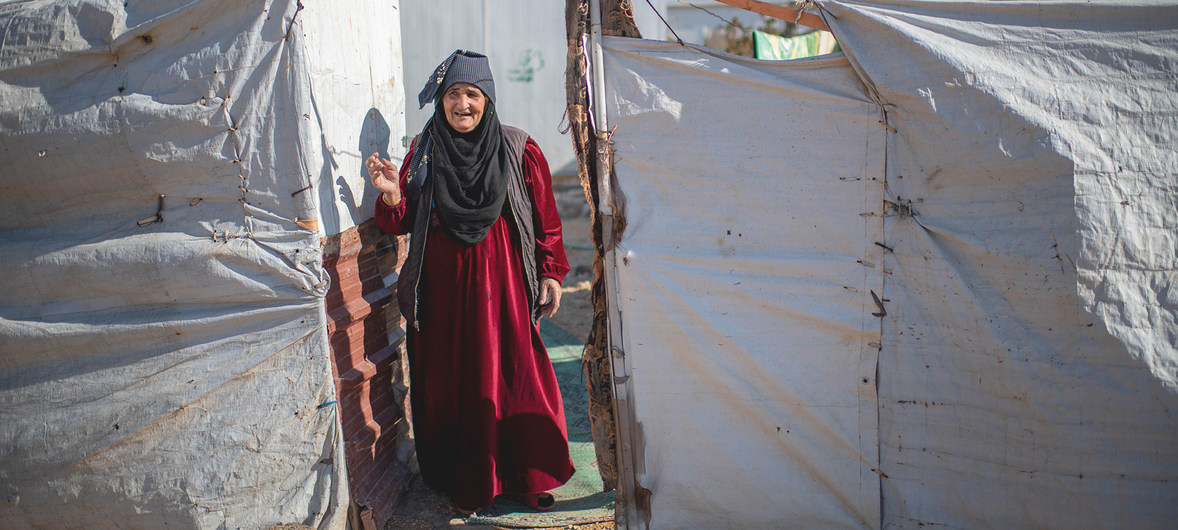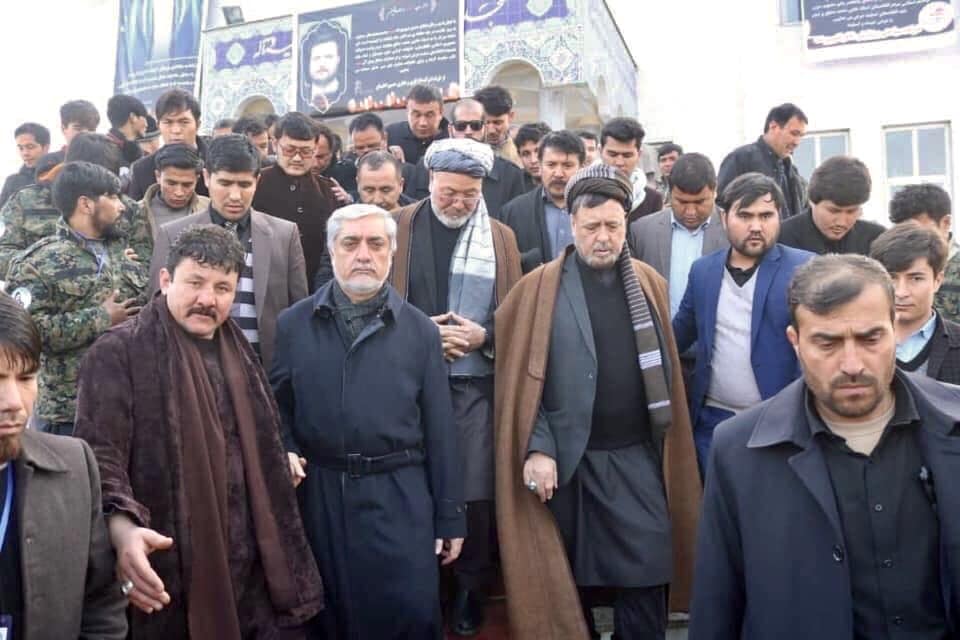
Podcast: Afghanistan and the politics of withdrawal
In Episode 82 of the CounterVortex podcast, Bill Weinberg calls out the Orwellian pronouncements from media and politicians that Biden is “ending the war” in Afghanistan—as the war is actually escalating. This is the same imperial narcissism we heard with the much-hyped US “withdrawal” from Afghanistan in 2014, and the US “withdrawal” from Iraq in 2011. In both cases, the war went on—and actually got worse, with the emergence of ISIS and the genocide of the Yazidis. Weinberg recalls with grim vindication that he similarly called out the glib optimism about a withdrawal from Iraq in CounterVortex commentaries during the occupation. Meanwhile, Hazara women—who face the threat of genocide if the Taliban re-take power—are arming to resist the Taliban advance. The critical task now is to loan what solidarity and visibility we can to such efforts—not to engage in hubristic crowing about the “end of the war.” Listen on SoundCloud or via Patreon. (Map: Perry-Castañeda Library)



